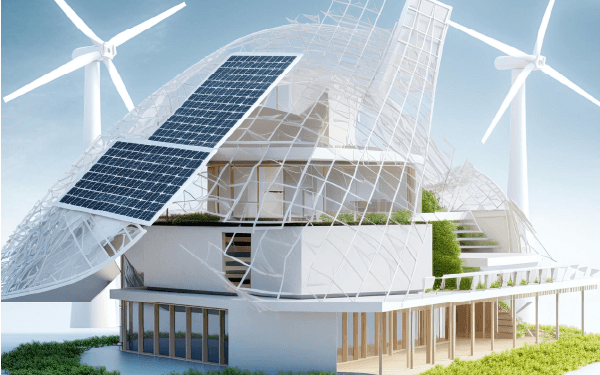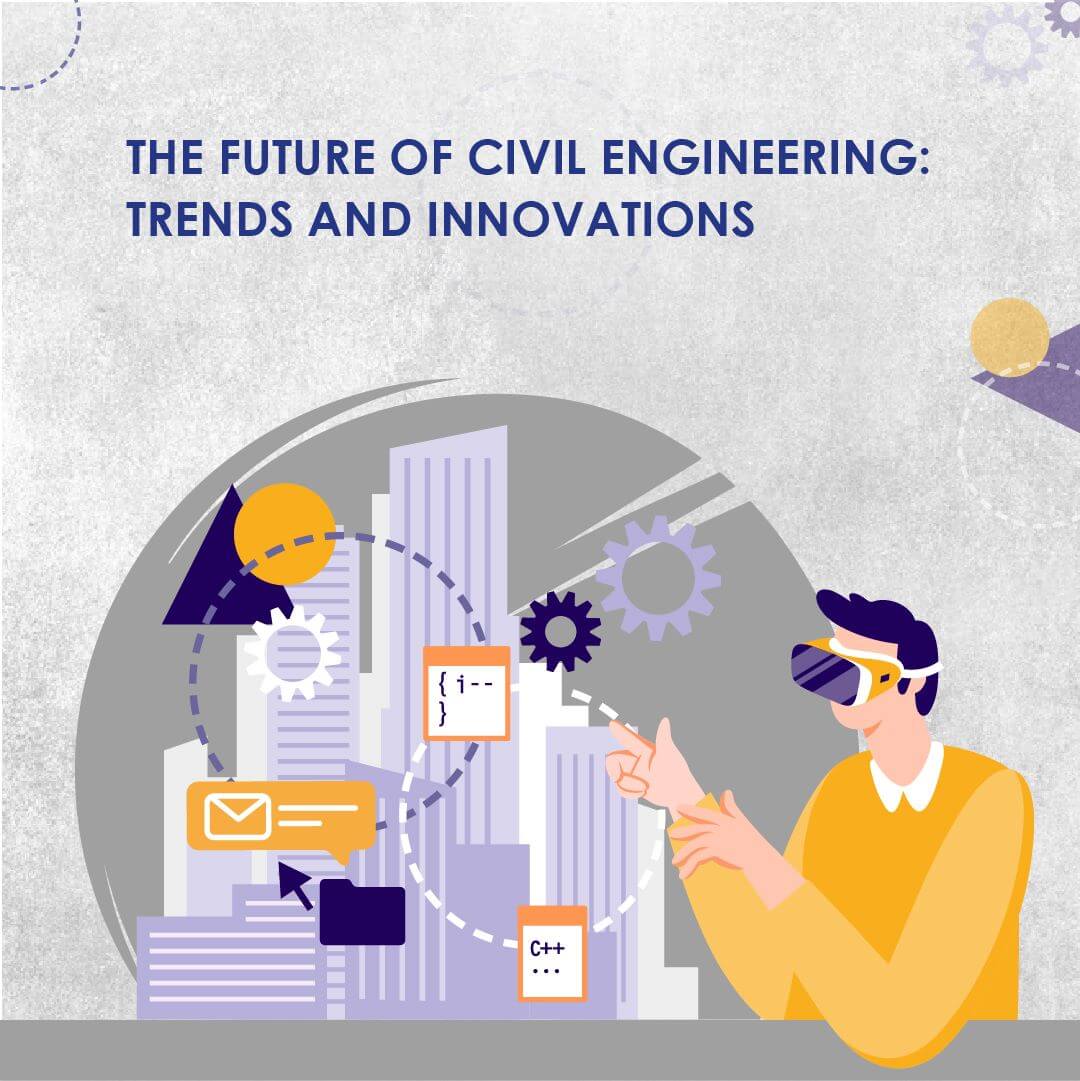Sustainable Practices in Civil Engineering for a Greener Future
Blend of Chemical Engineering and Software Skills
Software Development for Chemical Process
Chemical Plant Operations and Control
Data Analysis and Machine Learning
Research and Development Opportunities
Entrepreneurship and Consulting
Higher Education and Specializations
International Exposure and Collaboration
In the face of growing environmental concerns and the urgent need to combat climate change, the role of civil engineering in building a greener future has become paramount.
As urbanization and infrastructure development continue to expand, adopting sustainable practices is essential to minimize the environmental impact and ensure a healthier planet for generations to come. In this blog, we will explore some of the key sustainable practices in civil engineering that can pave the way towards a greener and more sustainable future.
1. Green Building Design and Construction

One of the fundamental aspects of sustainable civil engineering is green building design and construction. This involves the incorporation of eco-friendly materials, energy-efficient technologies, and innovative designs that reduce resource consumption and waste generation. Buildings with features like solar panels, rainwater harvesting systems, and energy-efficient insulation significantly decrease their carbon footprint while promoting renewable energy utilization.
2. Low-Impact Development (LID) Techniques
In urban areas, managing stormwater runoff is a crucial challenge. Traditional methods often lead to increased erosion, water pollution, and altered hydrological patterns. Low-Impact Development (LID) techniques offer a sustainable solution by mimicking natural processes. Practices such as permeable pavements, green roofs, and rain gardens help to absorb, treat, and store stormwater, reducing strain on existing drainage systems and protecting natural water bodies.

3. Sustainable Materials Selection

Opting for sustainable materials in civil engineering projects can significantly reduce environmental impacts. This involves using recycled and locally-sourced materials, as well as those with lower embodied carbon. Sustainable materials not only contribute to decreased resource depletion but also minimize waste generation, ultimately leading to a more circular and eco-friendly construction industry.
4. Energy-Efficient Infrastructure
Civil engineers play a pivotal role in developing energy-efficient infrastructure, such as transportation systems and utilities. Implementing intelligent transportation systems, promoting public transit, and integrating renewable energy sources into infrastructure projects can substantially reduce greenhouse gas emissions and energy consumption. Sustainable transport systems are crucial because the transport sector alone contributes about 13.7% of global greenhouse gas emissions. Enhancing transit efficiency and shifting travel behavior cuts both emissions and energy use. Sustainable transport systems are crucial because the transport sector alone contributes about 13.7% of global greenhouse gas emissions. Enhancing transit efficiency and shifting travel behavior cuts both emissions and energy use.

5. Adaptive Reuse and Urban Regeneration

Rather than demolishing old structures, adaptive reuse and urban regeneration projects aim to breathe new life into existing buildings and areas. These practices reduce the need for new construction and limit waste generation. Preserving historical and cultural heritage while revitalizing communities fosters a sustainable and inclusive urban environment.
6. Life Cycle Assessment and Green Certification
Life Cycle Assessment (LCA) is a valuable tool in evaluating the environmental impact of civil engineering projects from cradle to grave. By analyzing the full lifecycle, engineers can identify areas for improvement and make informed decisions to minimize environmental burdens. Additionally, pursuing green certifications such as LEED (Leadership in Energy and Environmental Design) or BREEAM (Building Research Establishment Environmental Assessment Method) further validates a project's commitment to sustainability.

As the demand for infrastructure grows, sustainable civil engineering practises will be critical in crafting a greener and more sustainable future. Civil engineers may play a critical role in limiting environmental consequences by combining green building design, using low-impact development approaches, choosing sustainable materials, and supporting energy-efficient infrastructure.
The civil engineering industry may lead efforts towards a more sustainable and resilient planet through adaptive reuse, urban regeneration, lifecycle evaluations, and green certifications. We can work together to create a future that serves the needs of society while also maintaining and protecting the environment for future generations.
OUR RECENT BLOG




